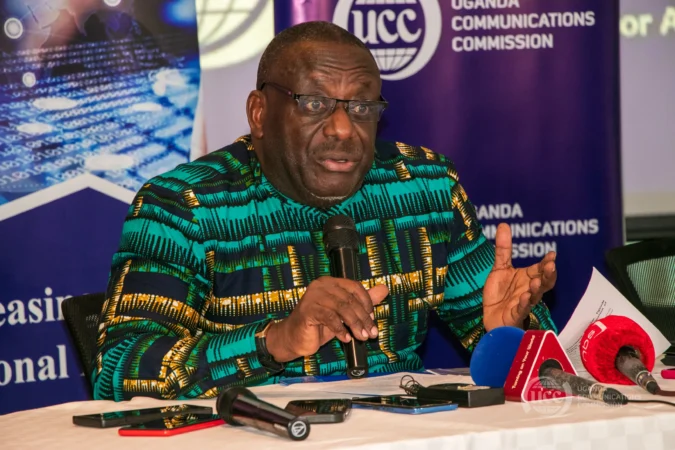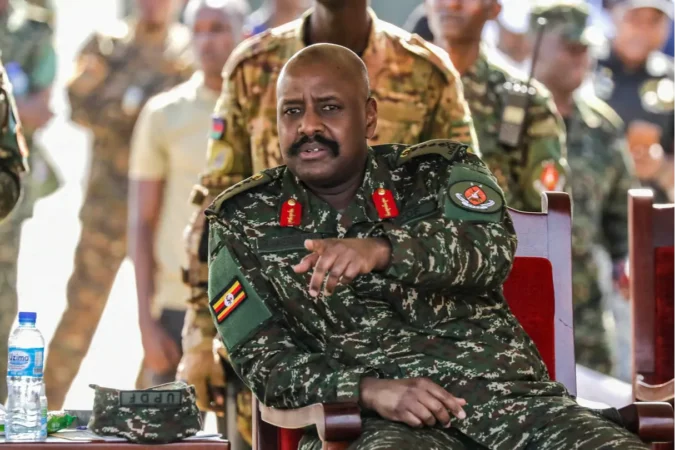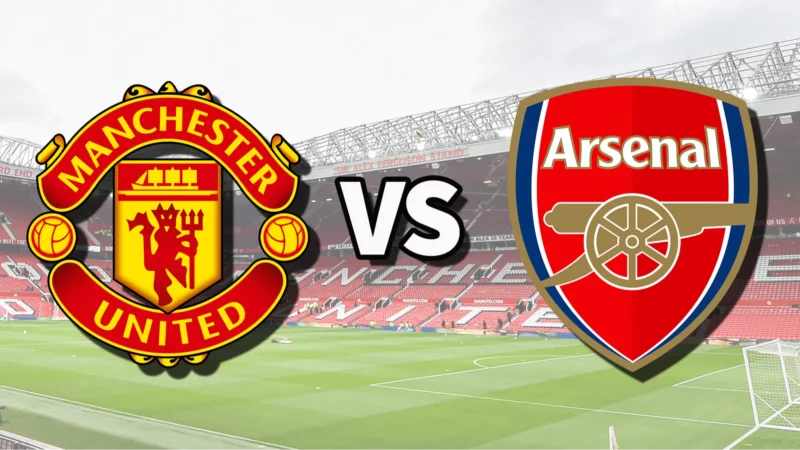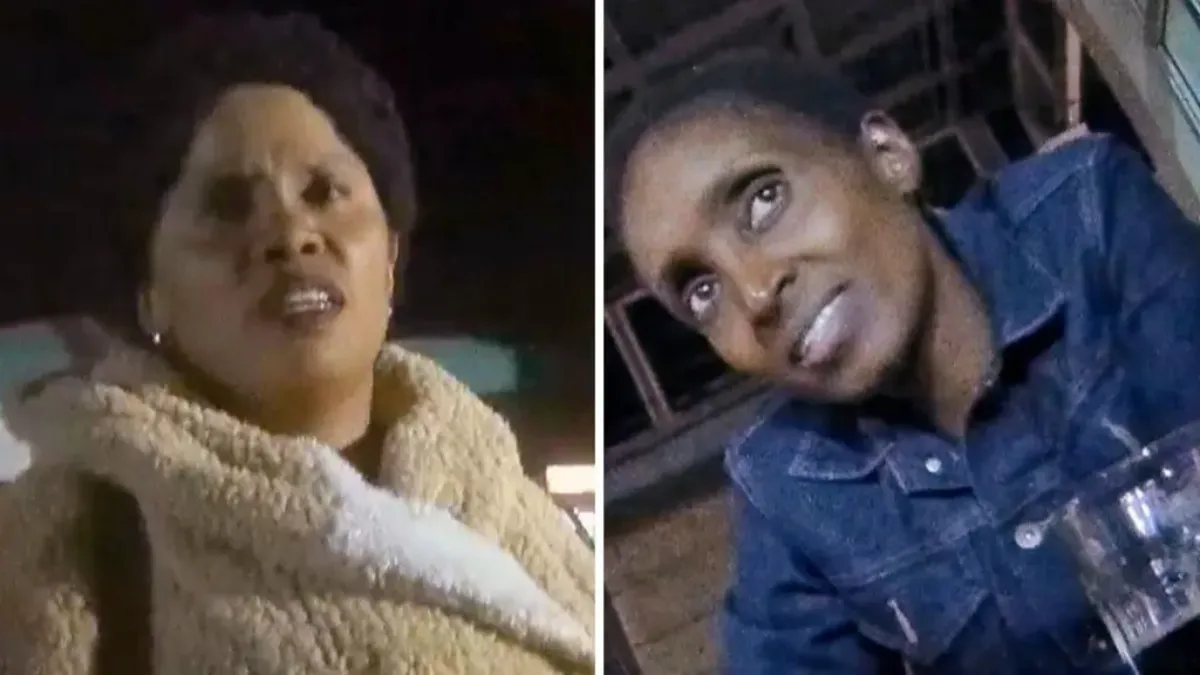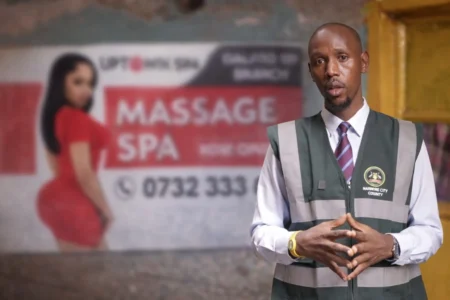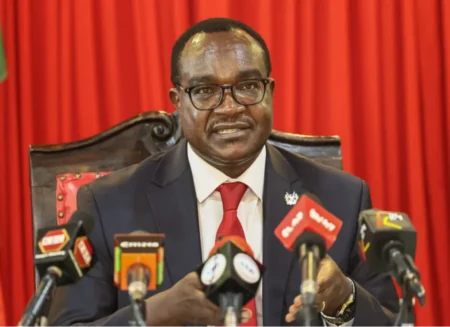NAKURU, Kenya — The BBC has issued a defense of its investigation into child sexual exploitation in Kenya, following accusations by the Kenyan government that the BBC Eye documentary ‘Madams: Exposing Kenya’s Child Sex Trade’ was a “hoax.”
Speaking in Parliament, Interior Minister Kipchumba Murkomen described the documentary as “fake because the people who were interviewed were not underage.” He further alleged that the individuals featured in the BBC Africa Eye program were “posing as children.”
The BBC, in its statement, clarified that the documentary was transparent about interviewing adults who were recounting “experiences of abuse that occurred when they were underage.” The broadcaster affirmed that the investigation was “an important piece of public interest journalism.”
Mr. Murkomen also claimed that the BBC had promised financial incentives to contributors. In its defense, the BBC stressed that no financial compensation was offered to the victims. “For clarity, none of the contributors featured in this film were paid, offered payment or ‘coached’ in any way,” the statement read.
The BBC also confirmed that it had provided evidence from the investigation to the Kenyan police in March of this year. The broadcaster said it had followed up on multiple occasions to ensure that at-risk children would be protected, and that footage of two women exposed in the documentary was shown to authorities in April. The police, the BBC said, had assured them that action would be taken, particularly to rescue children.
In his parliamentary address, Mr. Murkomen defended the government’s record on child protection, stating that it takes cases of minor trafficking “seriously.” The documentary also drew criticism from National Assembly Speaker Moses Wetang’ula, who said the film’s purpose was to “besmirch” Kenya’s image.
The BBC investigation, which was published on August 4 and has garnered over one million views on YouTube, exposes cases of underage girls, some as young as 13, being trafficked for sex in the transit town of Maai Mahiu in Kenya’s Rift Valley.
The documentary shows two different women admitting to knowingly and illegally trafficking underage girls for sex. In the footage, one woman, who identifies herself as Nyambura, laughs as she says: “They’re still children, so it’s easy to manipulate them by just handing them sweets. Prostitution is a cash crop in Maai Mahiu; the truckers basically fuel it. And that’s how we benefit. It’s been normalised in Maai Mahiu,” the woman explained, adding that she had one girl as young as 13 who had already been “working” for six months.
The film identified both the perpetrators of the crimes and the victims in need of urgent assistance. Following the documentary’s release, the Office of the Director of Public Prosecutions directed the Directorate of Criminal Investigations (DCI) to investigate the matter.
The BBC noted with concern that the survivors who contributed to the film were subsequently interviewed at length by investigators from the Kenya Directorate of Criminal Investigations (DCI) without legal representation. The BBC also confirmed that none of the survivors were involved in the undercover investigation.
As of the time of the Interior Minister’s statement, the two women exposed in the film have not been apprehended, with Mr. Murkomen stating they had not been found.
